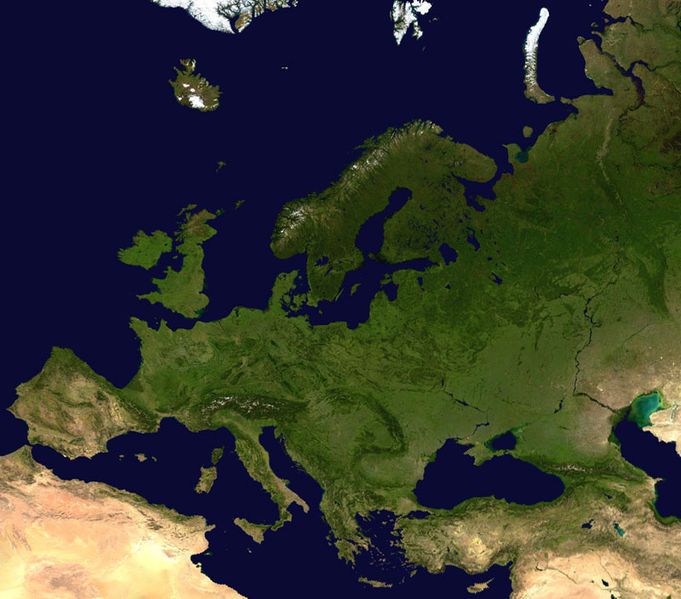Recent summers in Europe the warmest for 2,000 years
The last 30 years have been the warmest in Europe in more than 2,000 years with the main cause being human activity and climate change

The last 30 years have been the warmest in Europe in more than 2,000 years with the main cause being human activity and climate change, according to new research.
The large-scale study, published in the journal Environmental Research Letters, involved 45 researchers from 13 different countries and uses tree ring records and historical documents to reconstruct temperatures going back 2,100 years.
Researchers found that natural variability in temperatures was greater than previously thought and scientists may be underestimating the severity of future heat waves.
According to the new study, summer warming has increased in Europe by 1.3C between 1986 and 2015 and there has also been an increase in severe heat waves during this period, most notably in 2003, 2010 and 2015.
In 2014, the United Nations’ Intergovernmental Panel on Climate Change (IPCC) found that the period between 1983 and 2012 was probably the warmest in the last 1,400 in the Northern Hemisphere.
To conduct the study, researchers used new statistical reconstruction methods, as well as "high quality proxy records", to estimate the European mean temperature variation since 138 BC.
Prof Danny McCarroll from Swansea University, UK, who was part of the research group, said: "We've got 2,000 years of reconstruction where we have values for every year and the big surprise was that there wasn't a single 30-year period that was as warm as the last 30 years; that was unexpected."
Researchers used modern climate models to predict past temperatures and compared the results with their newly reconstructed record.
Prof McCarroll said: "The modern models don't reconstruct the full range of climate change in the past, so they are underestimating the natural variability of the climate… When they predict forwards, they predict the effect of CO2 but they have to sit natural variability on top of it. If they underestimate that they underestimate the extremes - so the recurrence of heat waves are likely to be underestimated by these models."




